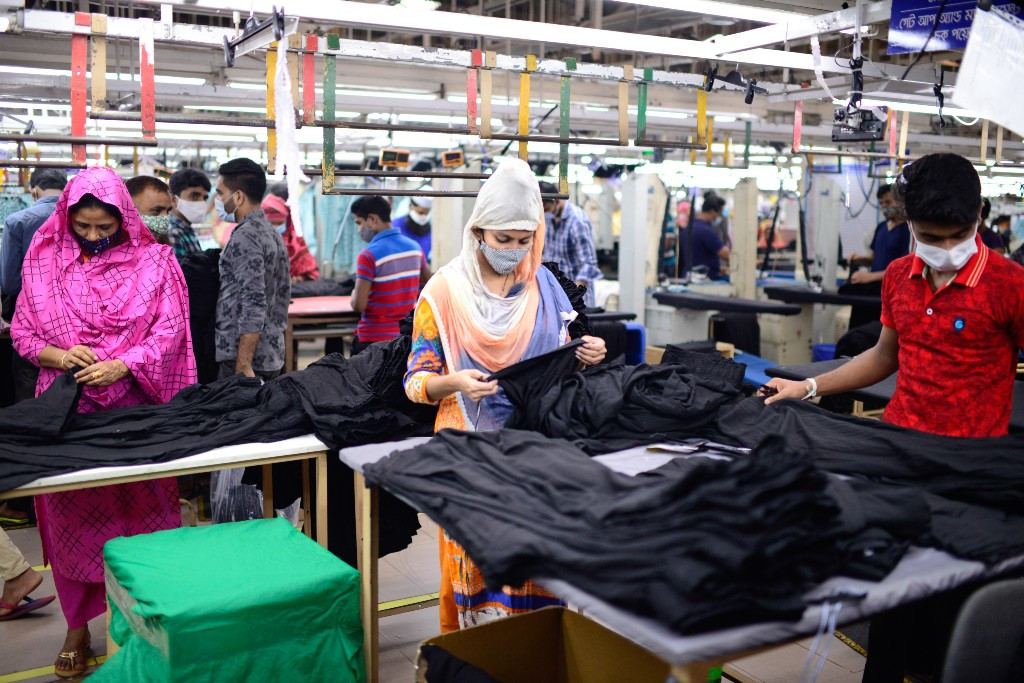It is a fact that Bangladesh has succeeded in moving forward on its development journey largely due to the contributions of the RMG sector. The garments industry has paved the way for our nation to cultivate international business relations, and propelled our economy forward.
It is also undeniable that the sector is in need of systemic reform, a significant portion of which is the responsibility of the global buyers engaging in unjust practices.
A recent survey, conducted by University of Aberdeen in partnership with Transform Trade, found that between March 2020 and December 2021, many brands from the British market continued to pay lower prices than the production costs incurred.

With the rates being the same as the pre-pandemic era and the inflated prices of raw materials, factories have been unable to pay workers minimum wage while Western buyers continue to make larger profits.
To call this an injustice does not cut it.
This is not the first time that Western buyers of fashion products have been involved in unethical practices. From setting low wage rates to refusing to pay for cancelled orders during the pandemic, an industry that enjoys monumental profits has carried on at the expense of our garment workers and factories for years now.
Paying lower prices than the minimum at a time when inflation threatens the world at large is not only unacceptable in itself, but also results in worsened working conditions for the labourers involved, denying them of the security that is their right.
This needs to stop, and immediately.
Western buyers in question must be held accountable for their malpractices. Our factories deserve to be paid what they are due, according to current market rates, in order to be able to survive in an economy that is becoming increasingly volatile.
While global markets are imperative for our exports and, subsequently, our economy, they must be made to realize that it is on our workers’ backs that they continue to reap benefits. Enough is enough.
















